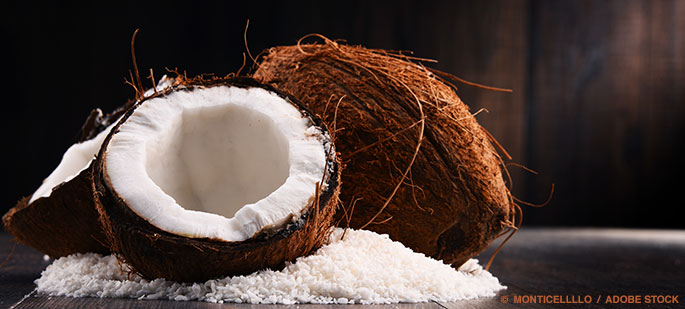
We all know, academically, that trees are being cut down and logged to produce dozens of different products every year. Everything from building frames, to furniture, to shipping pallets represents a strain on our forests, which are one of our best weapons for fighting climate change. However, what if there was a way to save millions of trees from being cut down, while at the same time cleaning up a major source of food waste? Killing two birds with one stone sounds ideal, and according to Truth Theory it’s exactly what CocoPallet is doing.
Replacing Wood With Coconut Shells?
Shipping pallets are everywhere. Even if these pallets are used until they break, they represent a huge investment in trees. However, it’s possible to make sturdy, reusable, fire-resistant pallets from coconut shells, of all things.
What’s even better is that coconut shells are currently considered a waste product. In large parts of Asia, they’re simply left to rot, or burned to prevent them from piling up. Taking these shells and turning them into a usable product means that a huge amount of trees can remain unlogged. Also, the coconut shells can now be recycled into a much more useful product.
And that is how one, simple material change can make a huge difference when it comes to how we consume, and which sustainable solutions we choose to embrace.
These pallets are cheaper, stronger, can be made locally in many parts of the world. If they become popular, then the question many will ask is what else can we replace with coconut shells? Will we see coconut tabletops for workbenches? Flooring? Frames for homes that want some extra resistance to fire? The sky is the limit, and given the sheer number of these shells that exist, we could save a lot of trees by pursuing this alternative as far as we can.




































































































































 Three Ways to Engage Teams and Clients to Maximize Your Recycling Program Engagement
Three Ways to Engage Teams and Clients to Maximize Your Recycling Program Engagement  How to Integrate Accessibility Into Your Sustainability Planning
How to Integrate Accessibility Into Your Sustainability Planning  Why Park Benches Can Promote Workplace Well-Being
Why Park Benches Can Promote Workplace Well-Being 
